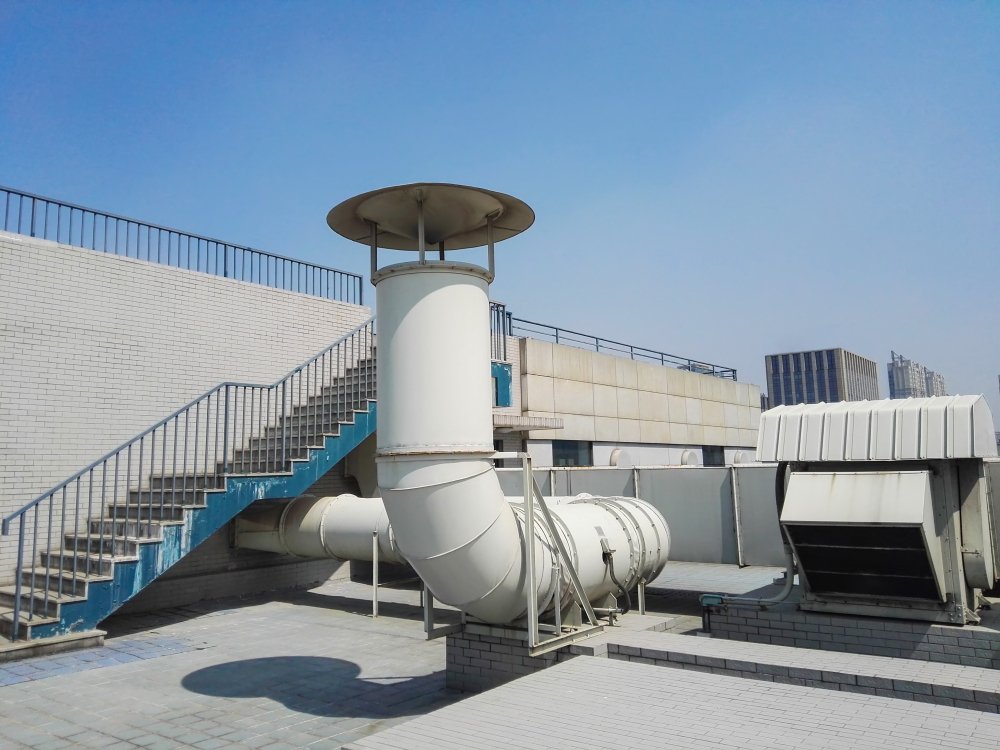Bio septic tanks have become an increasingly popular solution for managing household waste. These systems offer an environmentally friendly way to treat sewage, using natural processes to break down waste. However, like any technology, bio septic tanks have their own set of advantages and disadvantages.
This article will explore the benefits and drawbacks of bio septic tanks to help you make an informed decision about whether this system is right for you.
Understanding Bio Septic Tanks
Bio septic tanks use biological processes to treat and decompose human waste.
These tanks rely on anaerobic bacteria and enzymes to break down solid waste into liquid and gas, which is then safely discharged into the soil.
This process reduces the environmental impact of waste disposal and promotes sustainability.
Read More
Advantages of Bio Septic Tanks
1. Eco-Friendly
One of the most significant advantages of bio septic tanks is their eco-friendliness.
By using natural processes to treat waste, these systems reduce the release of harmful chemicals and pollutants into the environment.
This helps protect water sources and promotes a healthier ecosystem.
2. Low Maintenance
Bio septic tanks require less maintenance compared to traditional septic systems.
The biological processes within the tank help break down waste more efficiently, reducing the need for frequent pumping and cleaning.
This can save homeowners time and money in the long run.
3. Odor Control
Traditional septic systems can sometimes produce unpleasant odors due to the accumulation of waste. Bio septic tanks, on the other hand, are designed to minimize odors by promoting the efficient breakdown of waste.
This makes them a more pleasant option for homeowners.
4. Longevity
Bio septic tanks are built to last. The materials used in their construction are durable and resistant to corrosion, ensuring a longer lifespan compared to traditional septic systems.
This means fewer replacements and repairs over time.
5. Space-Saving
Bio septic tanks are typically more compact than traditional septic systems, making them an ideal choice for properties with limited space.
Their smaller footprint allows for more flexible installation options and can be a great solution for urban areas.
Read More Differences Between Traditional Septic Tanks and Bio-Septic Tanks
Disadvantages of Bio Septic Tanks
1. Initial Cost
One of the main disadvantages of bio septic tanks is the initial cost. These systems can be more expensive to install compared to traditional septic systems.
However, the long-term savings on maintenance and repairs can offset this initial investment.
2. Sensitivity to Chemicals
Bio septic tanks rely on bacteria and enzymes to break down waste.
Harsh chemicals, such as bleach and strong cleaning agents, can disrupt these biological processes and reduce the efficiency of the system.
Homeowners need to be mindful of the products they use to avoid damaging the tank.
3. Limited Capacity
Bio septic tanks have a limited capacity for waste treatment.
For larger households or properties with high water usage, this can be a disadvantage.
It may require more frequent monitoring and maintenance to ensure the system is functioning correctly.
4. Installation Complexity
Installing a bio septic tank can be more complex than installing a traditional septic system. It requires careful planning and expertise to ensure the system is set up correctly.
Homeowners may need to hire specialized professionals for the installation process.
5. Dependency on Bacterial Balance
The efficiency of a bio septic tank depends on maintaining a healthy balance of bacteria and enzymes.
Factors such as temperature fluctuations and the introduction of harmful substances can disrupt this balance, affecting the system’s performance.
Regular monitoring and maintenance are essential to keep the tank functioning optimally.
Conclusion
In conclusion, bio septic tanks offer several advantages, including eco-friendliness, low maintenance, odor control, longevity, and space-saving benefits. However, they also come with disadvantages such as initial cost, sensitivity to chemicals, limited capacity, installation complexity, and dependency on bacterial balance.
By weighing these pros and cons, homeowners can determine whether a bio septic tank is the right choice for their property. Proper maintenance and mindful usage can help maximize the benefits and minimize the drawbacks of this innovative waste management system.
Read More Do Bio Septic Tanks Need to Be Emptied?






